From the sixth to the eighth century CE, the Buddhist philosophers paid considerable attention to the issue of the caste-classes. Far from seeking to reform the non-Buddhist social environment, they endeavoured to undermine theoretical attempts at "naturalizing" the social statuses, especially Kumarila’s doctrine of the perceptibility of jati. Significant parts of their critique is strongly indebted to earlier, mainly canonical arguments shaped in order to neutralize the Brahmins’ pride in caste. But closer scrutiny also reveals the innovations that were made possible by the renewal of Buddhist semantics around the so-called apoha ("exclusion") theory. Eltschinger’s study presents the gist of the early Buddhist arguments, the modalities of their appropriation by later philosophers as well as the new developments induced by the epistemologists.
Caste and Buddhist Philosophy: Continuity of Some Buddhist Arguments against the Realist Interpretation of Social Denominations
Buddhist Tradition Series
Book:In stock
Free & Quick Delivery Worldwide
reviews
Bibliographic information
Title
Caste and Buddhist Philosophy: Continuity of Some Buddhist Arguments against the Realist Interpretation of Social Denominations
Buddhist Tradition Series
Buddhist Tradition Series
Author
Edition
1st ed.
Publisher
ISBN
812083559X, 9788120835597
Length
xxi+235p.,
Subjects

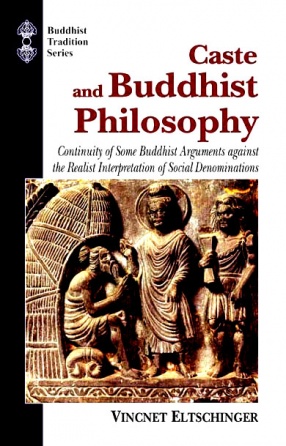
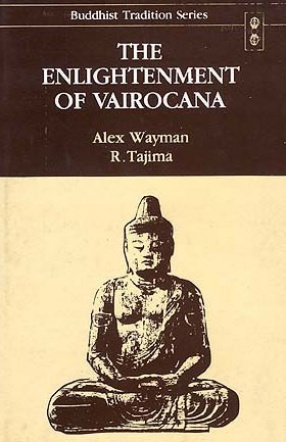
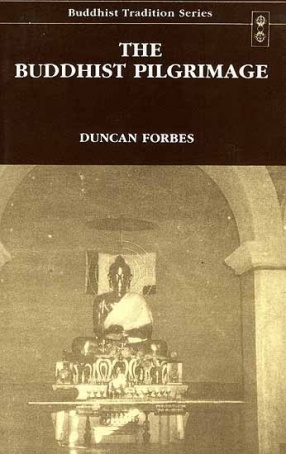
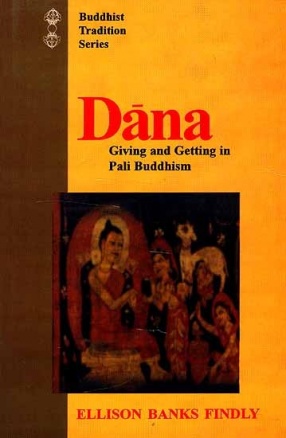
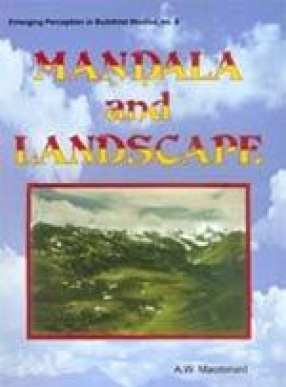
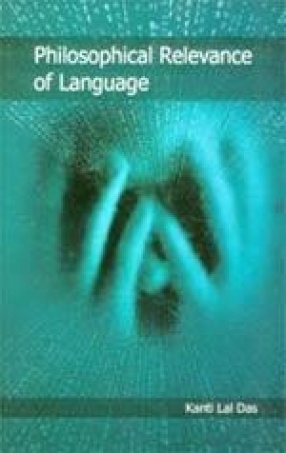
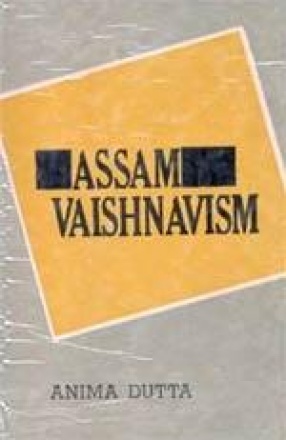
There are no reviews yet.